The past is never dead. It's not even past.

🌎 The Big Topic: Pandemic Amnesia
Tiny pocket-fitting cameras have exploded in quality and prevalence over the past 20 years. Cameras embedded in phones are now a ubiquitous part of modern life. Never in human history have ordinary people so easily documented both the momentous and the mundane moments of their lives.
Swiping back through a few years of selfies, I noticed a gradual change in my facial expressions over the course of 2020. The year started with carefree pre-pandemic faces: in my final pre-quarantine photos, I smiled impishly on the lap of a giant stuffed bear and I backslapped some cardboard royals.
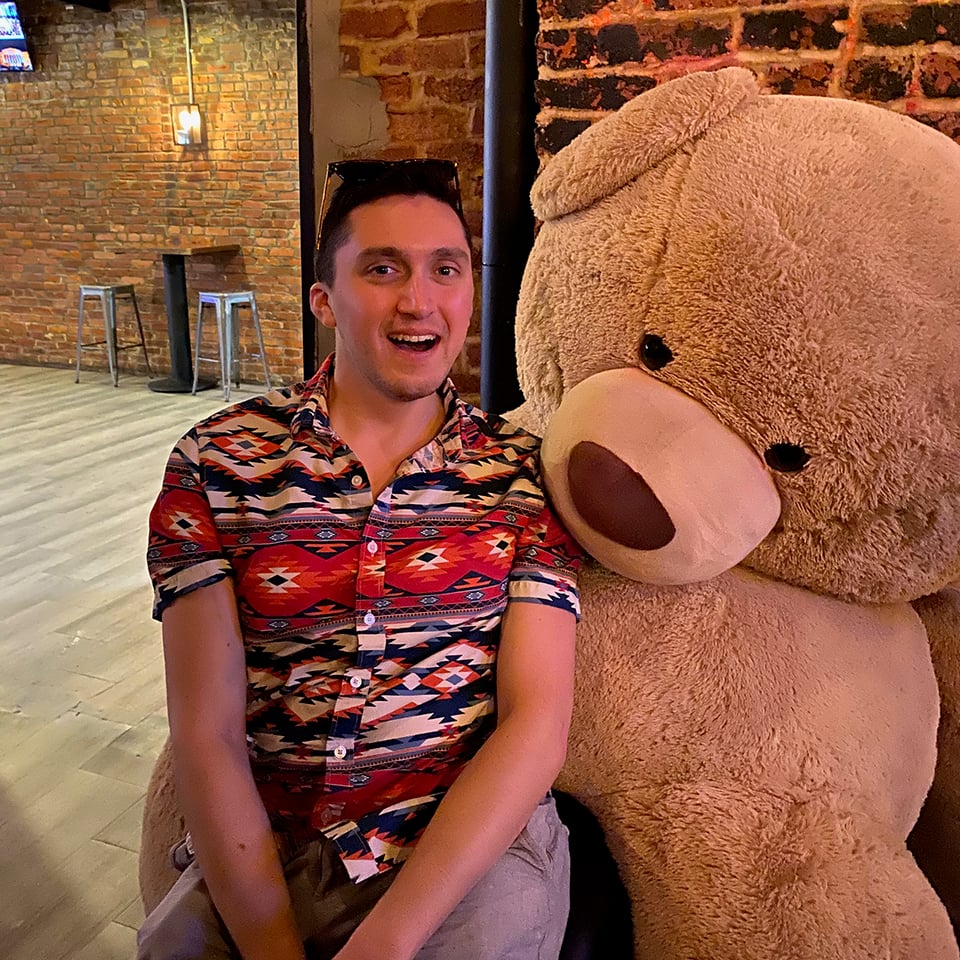
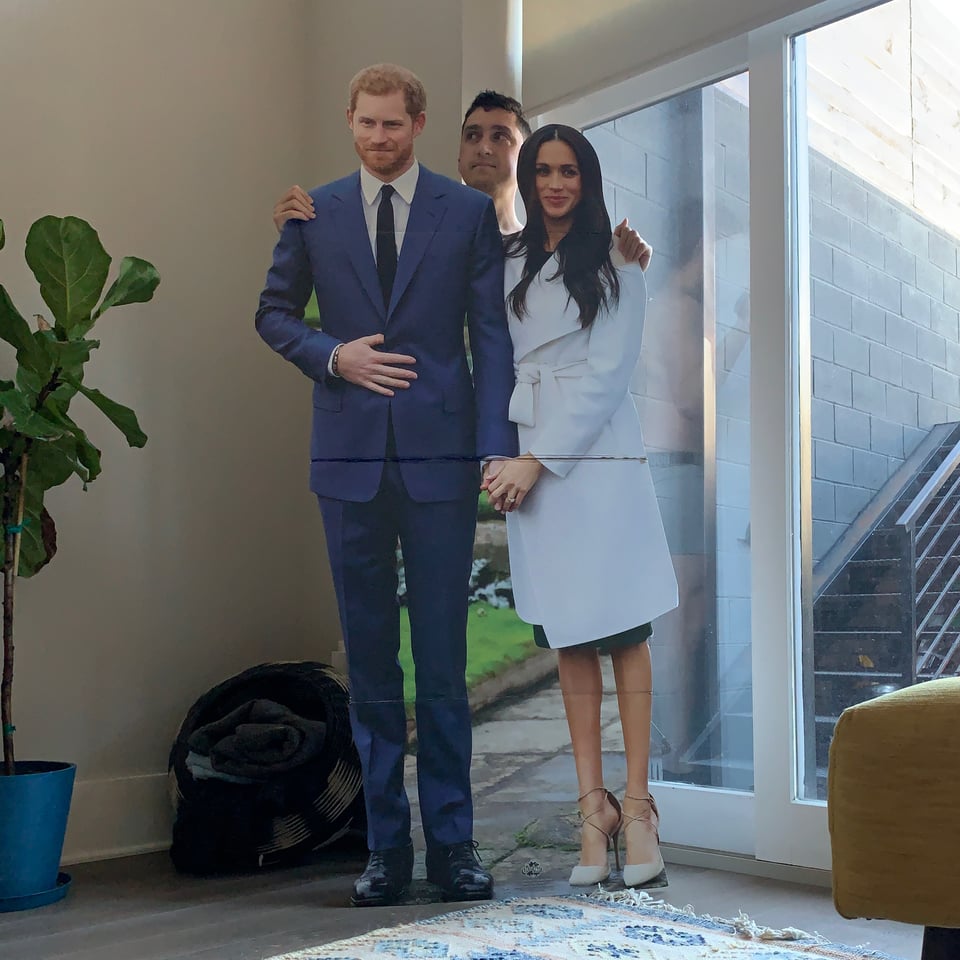
In late-March the stay-at-home orders piled up worldwide and my facial expressions switched to mild amusement at my new provincial life. My hair grew out and expanded its dominion over my face.
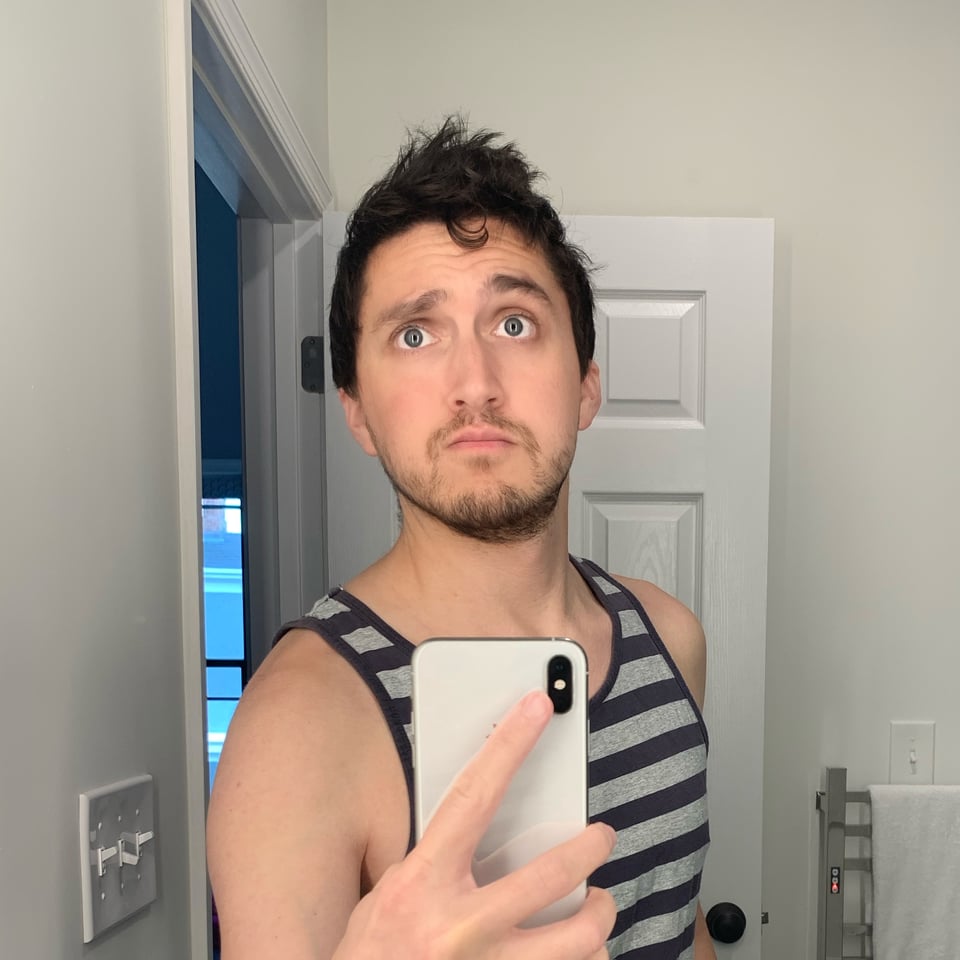
The mild amusement of this newly constrained world gradually wore off. Seriously worrying about mass death and mass unemployment every day was an unwelcome novelty. I often glanced at the hospital next door, worried it would be overwhelmed with corpses, like hospitals in New York; the mass-casualty tent temporarily erected in the parking lot was fortunately never used.
I remember the five-day stretches with no in-person interactions. This lasted for countless, increasingly isolated weeks. I whiled away part of this time, as many did, with cooking, but each day I also looked at infection and death figures by state and by country. It was bleak.
I read news articles about breaking virological discoveries and various government responses worldwide. I could talk casually about the South Korean call center, Maine's superspreader wedding, Hawaii's unusually strict (for America) quarantine rules, Sweden's unusual approach, Europe's reopened schools, Canada's Atlantic Bubble, New Zealand's zero covid, and, of course, the groundbreaking Pfizer and Moderna submissions to the FDA.
I also recall regrettable instances of failure to rise to the occasion. I remember the shock and abandonment I felt watching a news conference in which a world leader suggested injecting Covid patients with bleach. "We're fucked," I thought.
I was overwhelmed thinking about the loss of life, social upheaval, and economic hardships people worldwide were suffering. I thought about this every day. Dystopian language seeped into my texts, calls, and inner thoughts: nostalgic recollections about the "Before Times" and longing questions about the bygone era, e.g. "Hey, remember concerts?"
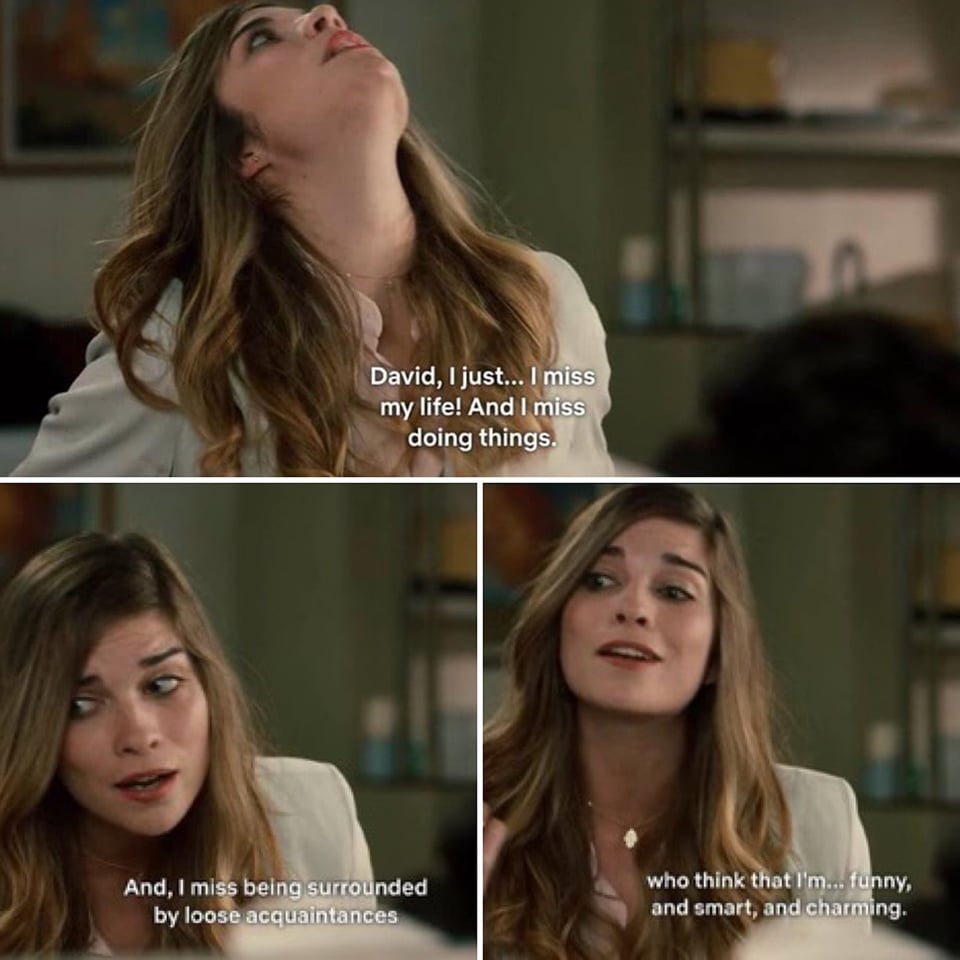
By late summer, exhaustion fell across my face. I didn't take many photos and my few social occasions were mostly in parks, patios, and backyards. At least the weather made outdoor activities available.
As summer transitioned to fall, nightfall gradually arrived earlier and the outdoor air, even if free of viral aerosols, became chillier and less welcoming. I felt my world closing in yet again. It was perhaps the bleakest moment of my entire life.
In a 1980 presidential debate, candidate Ronald Regan asked asked a question that's become a common campaign heuristic, "Are you better off than you were four years ago?"
One candidate recently resurrected this question, seemingly gaslighting the public about 2020. Is there a mass anmesia that makes this a serious question?
Four years later, I vividly recall how the pandemic profoundly changed my life, stealing at least one year of it from me. Anyone who thinks they were better off four years ago either made a fortune in Zoom stock, is a psychopath, or isn't good at arithmetic.
Two Cornell psychiatrists write in the Atlantic that there's a healthy balance between constantly recalling bad memories and completely forgetting them. The former is crippling and the latter prevents us from growing and learning from bad events. The failure to properly deal with the pandemic may be affecting voter attitudes:
Many people don’t regularly recall the details of the early pandemic—how walking down a crowded street inspired terror, how sirens wailed like clockwork in cities, or how one had to worry about inadvertently killing grandparents when visiting them. But the feelings that that experience ignited are still very much alive.
I recall the events of 2020 all too well and so much of that world in hindsight seems grimly surreal. I don't wish to return to it.
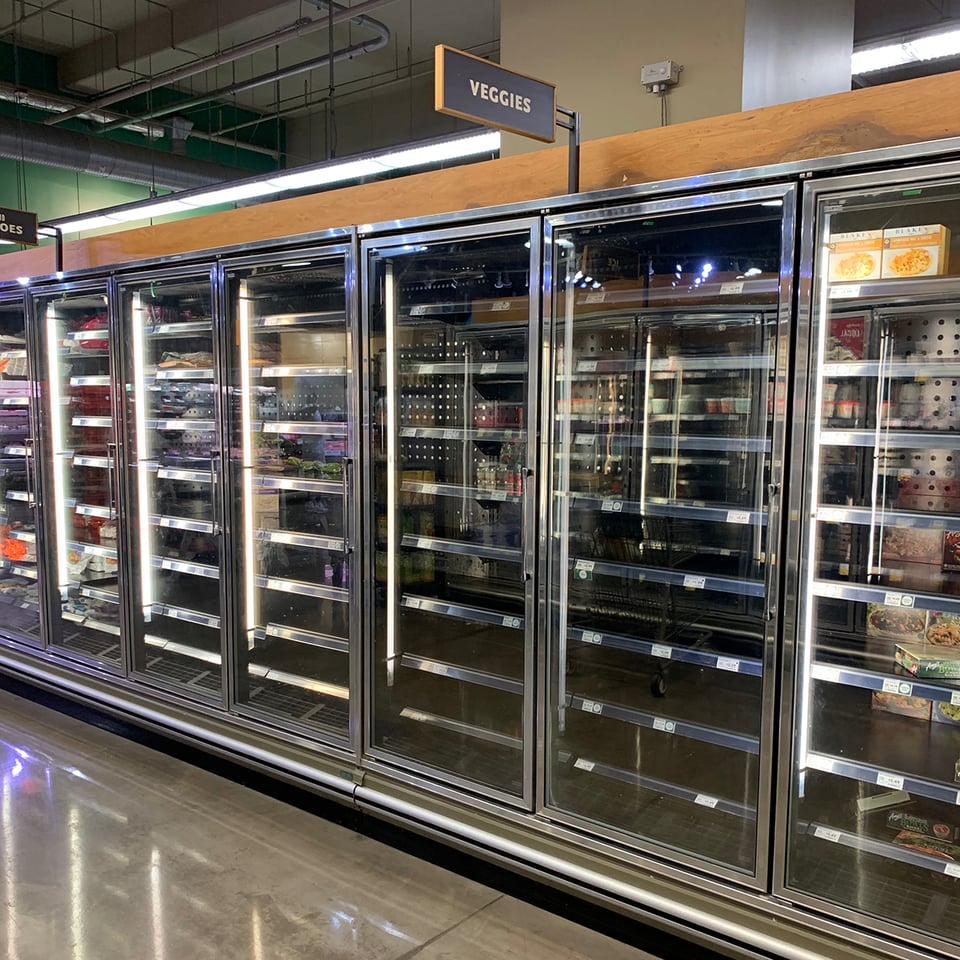
📺 The Screen
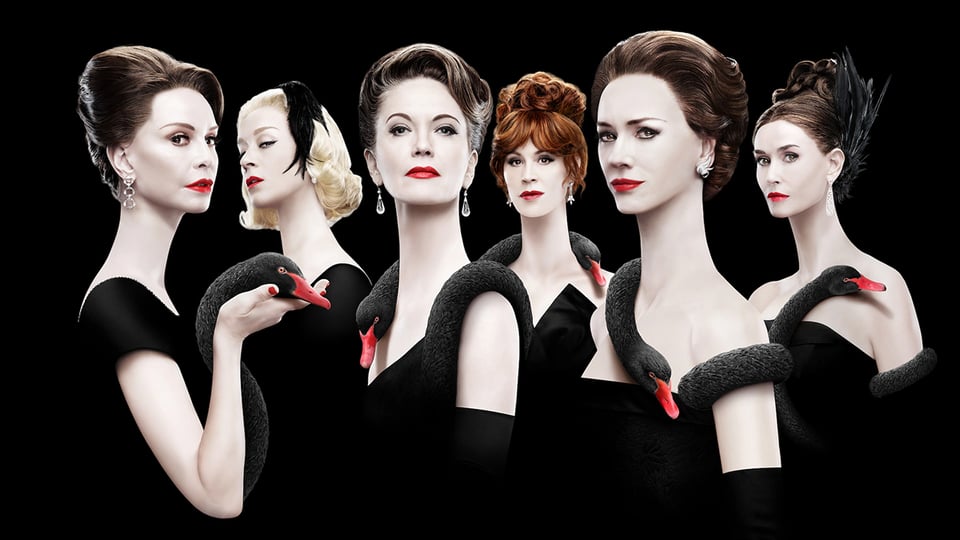
Feud: Capote vs. The Swans (FX/Hulu). Truman Capote, played by Tom Hollander, is best known for writing Breakfast at Tiffany's (1958) and In Cold Blood (1966). Catapulted to the height of American literary fame, Capote befriend many New York society women, know as the Swans, fitting neatly into the ladies-who-lunch set.
In this new series, Naomi Watts, Diane Lane, Chloë Sevigny, Calista Flockhart, Demi Moore, and Molly Ringwald comprise the bevy of Capote's Swans. Much to the Swans' humiliation, Capote publishes their gossipy confidences in a thinly fictionalized Esquire article, "La Côte Basque, 1965."
The essay's fallout reveals an unfortunately symbiotic relationship between fame and fortune.
🕺 Wandering in Washington 🌸
It's the [second-]most wonderful time of the year! The Tidal Basin's cherry blossoms peaked unusually early on March 17.
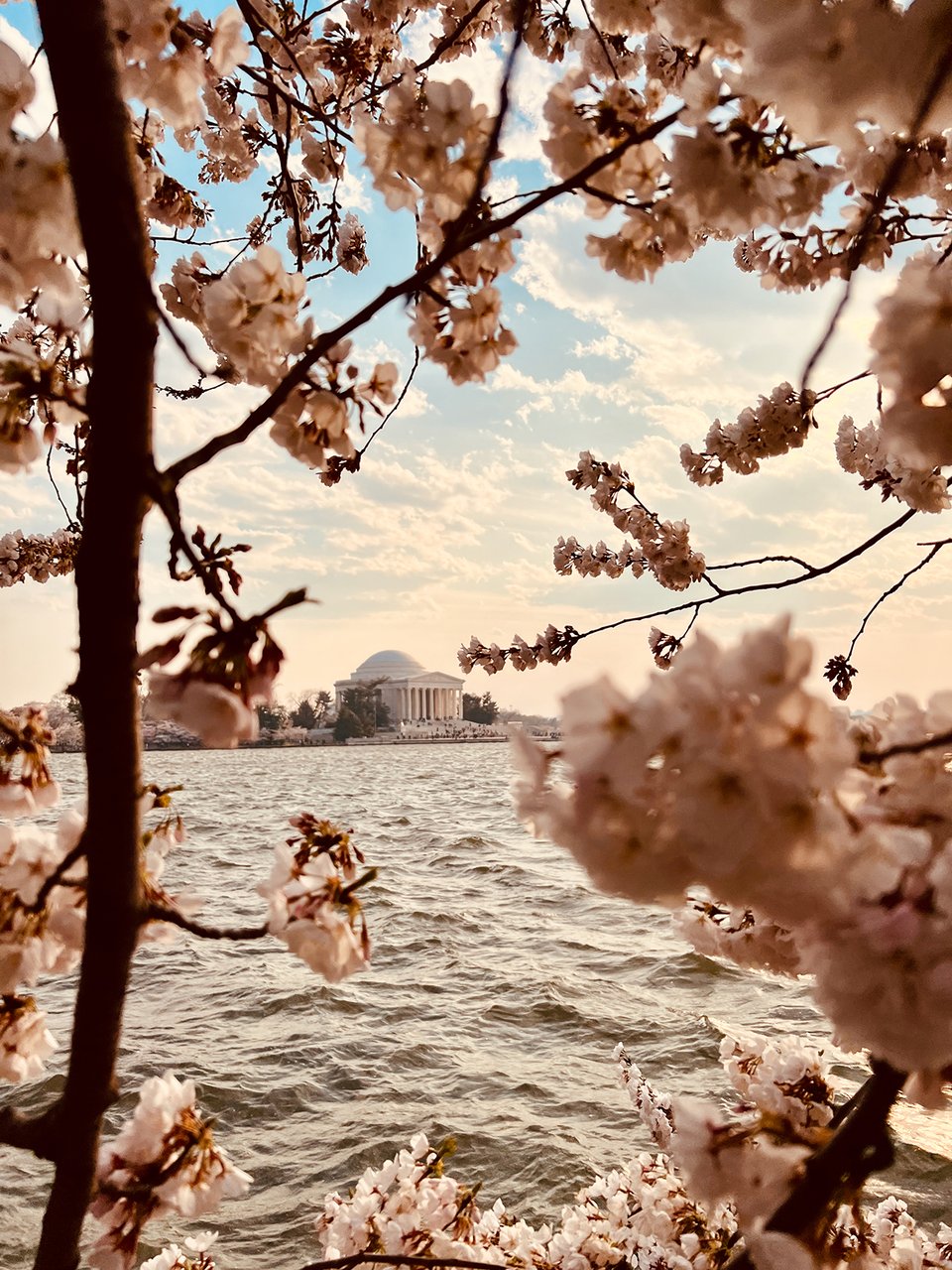
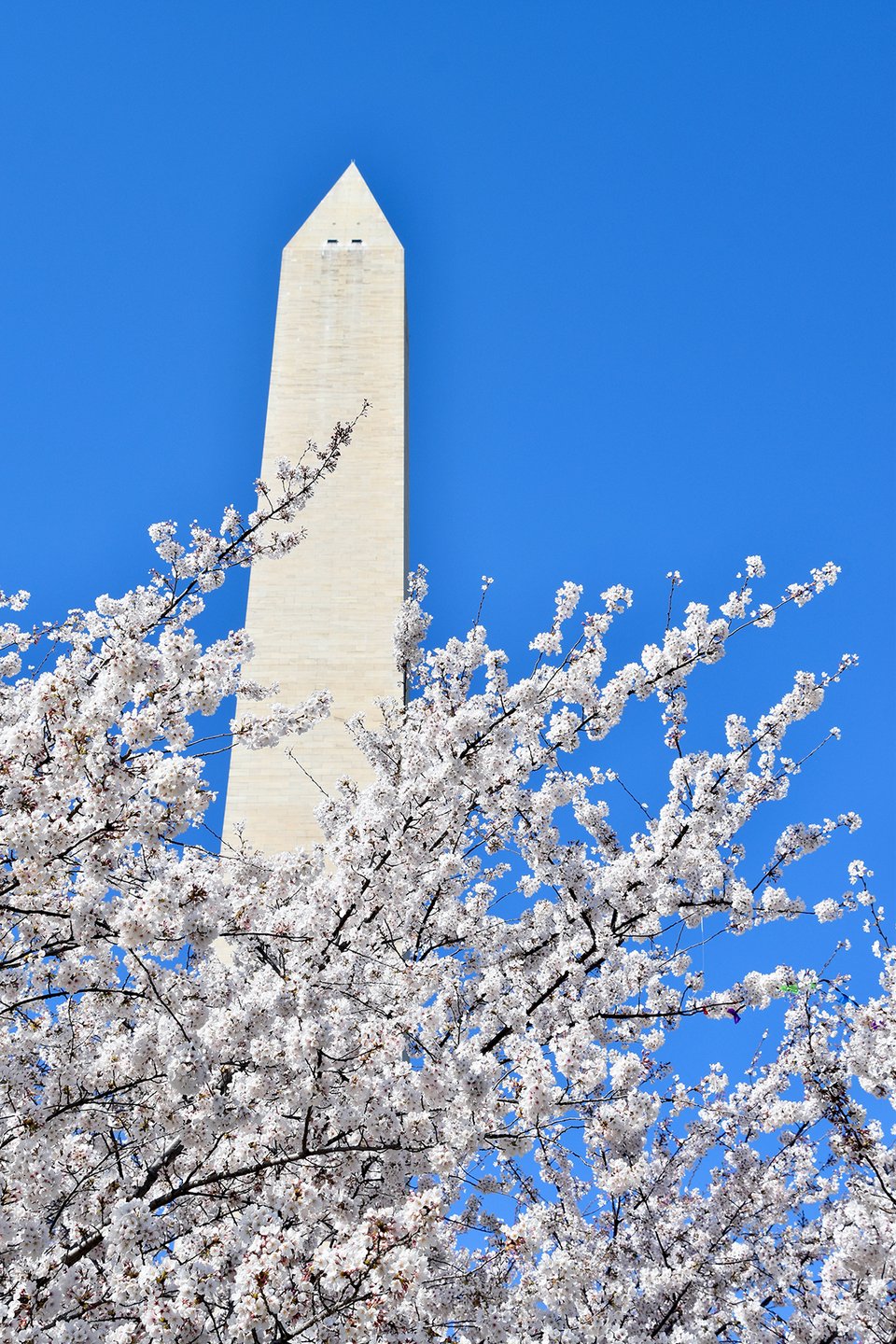
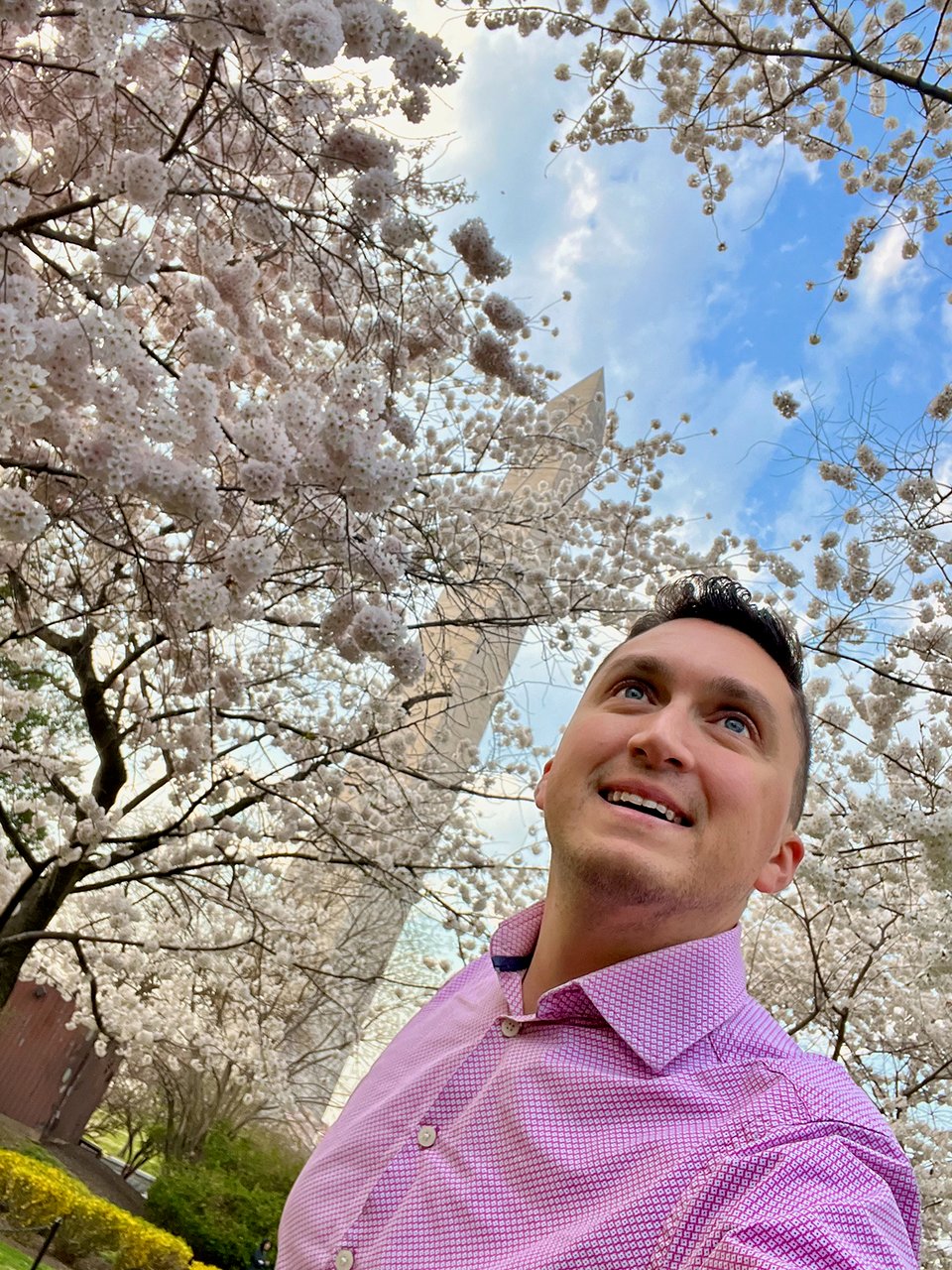
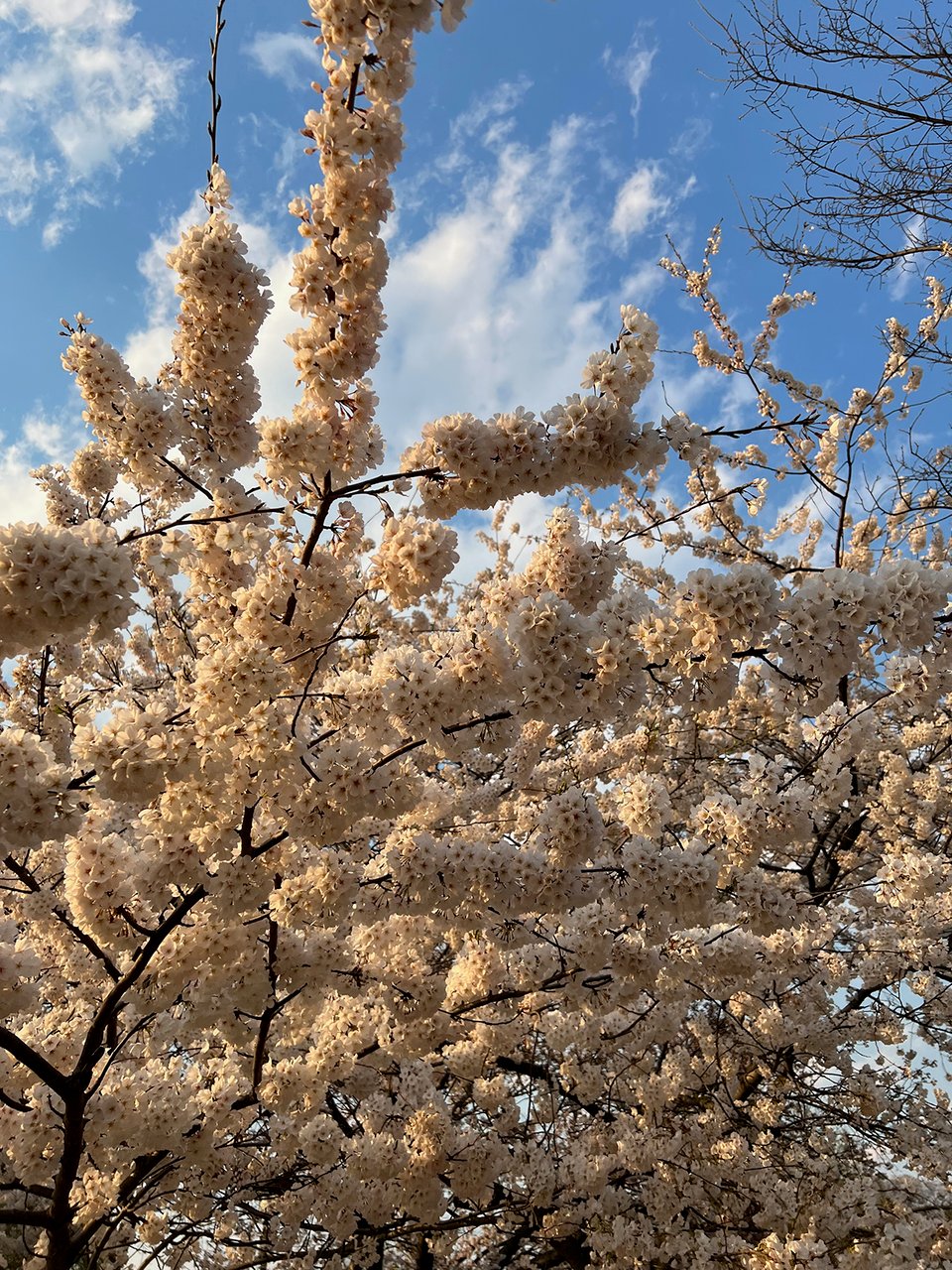
WMATA displayed its next generation railcar on the National Mall.


🔗 Assorted Links
- 📝 The Great Restaurant Fee Fiasco: Surcharges are taking over Washington menus—creating confusion for diners, backlash for restaurants, and a fight over the future of eating out. (Washingtonian)
- 📝 Capitals and Wizards to stay in D.C. through 2050 under new deal. The basketball and hockey teams' plan to defect across the Potomac disintegrated in Virginia's Senate. The teams will stay put and expand into the largely vacant Gallery Place mall. (Axios)
- 📝 A millennial sued over Nats’ ‘Young Professionals’ discount. It vanished. Is offering discounts to patrons under 40 a form of illegal age discrimination in D.C.? (Washington Post)
- 📝 An Alleged Russian Spy Was the Chef of DC’s Mari Vanna: An FBI agent was investigating Vitalii Kovalev when she suffered a mysterious attack linked to "Havana Syndrome". (Washingtonian)
- 📝 There’s a US border on Irish soil. Here’s why Overseas pre-clearance, as seen at the Dublin and Shannon Airports, began in 1903 for ship passengers departing Victoria, British Columbia. (CNN)
- 📝 How the Visa-Mastercard swipe-fee settlement could affect your credit-card rewards. Visa and Mastercard agreed to limit the fees they charge merchants. Will this affect credit cards rewards programs? (MarketWatch)
- 🎧 Birthrates are plummeting worldwide. Why? Fertility rates drop as societies get richer. Is it because wealth creates life priorities that compete with childrearing? (Ezra Klein Show)
- 📝 Whatever Happened to the Urban Doom Loop? America’s superstar cities have avoided the post-pandemic death spiral—so far, anyway. (The Atlantic)
- 📝 The Great Struggle for Liberalism. Can liberalism survive without a shared moral community? (New York Times)
📊 The Numbers
The amount annually redistributed from less privileged to more privileged communities by credit card rewards programs.
- 📝 Source: Who Pays For Your Rewards? Redistribution in the Credit Card Market (Federal Reserve)
- 📝 Cited in: The Dirty Little Secret of Credit Card Rewards Programs. Credit card rewards are a tax on less affluent consumers, who are much less likely to pay for goods with credit cards. (New York Times op-ed)
Typical fees American merchants pay to credit card companies for each transaction.
- 📝 Source: Average cost of credit card processing fees: Merchants can negotiate their card processing fees and they are not set in stone. (Bankrate)
The fee Costco pays to Visa, the only credit card the store accepts.
- 📝 Source: Will Costco Ever Accept Another Type of Credit Card? (Motley Fool)
🎬 The Wrap
I went to Dollywood in Tennessee in 2022. Dolly Parton's theme park features roller coasters, games, musical performances, and a coal-fired train that literally looks like the steam engine emoji. 🚂
Dolly's theme park is in Pigeon Forge, Tenn., a town whose "Dolly-glomeration" economy centers on country-themed entertainment. Its location nestled in the Great Smoky Mountains provides a picturesque backdrop and occasions to hike and camp.
We explored the shops in Pigeon Forge and nearby Gatlinburg. We listened to the nine-episode podcast on Dolly Parton's life and cultural impact. In Dollywood we walked into the replica of Dolly's modest childhood cabin home and we rode a roller coaster emulating a coal mine.
Nostalgia for an Appalachian past is the common thread that weaves through the podcast, the theme park, the songs, and the shops. That past is long gone: Dolly Parton no longer lives in a log cabin, steam engines are now antiques, and coal production in Tennessee has nearly vanished.
Over the years I've come to unpack nostalgia to ask if I am nostalgic for a place, the people I encountered, or whether I am nostalgic for the attitudes and beliefs I held in a bygone phase of my life.
For most Americans, nostalgia is about people:
“People make a place, and that’s what nostalgia reveals,” [psychologist Clay] Routledge said. Research on what makes people attached to a place shows that the social ties associated with it are a huge factor. In a survey that Routledge did last year, he found that almost three-quarters of Americans reported that their nostalgic memories were associated with close friends and family, as opposed to experiences they had with strangers or alone. Nostalgia for place, it seems, is really nostalgia for people.
I remember my life in 2020 for what it lacked, especially all the people I didn't see. Maybe that's why I don't look back on it with any nostalgia.